Pharmaceutical Technology
Infrastructure
The department is equipped with well-established state-of-the-art laboratories. The list of laboratories is given below:
Biochemistry And Physiology Laboratory
.
Pharmaceutical chemistry Laboratory
Microbiology Laboratory
Dosage Forms Laboratory
Physical Pharmaceutics Laboratory
Heat And Mass Transfer Operations Laboratory
Instrumental Techniques in Drug Analysis Laboratory
Pharmacology Laboratory
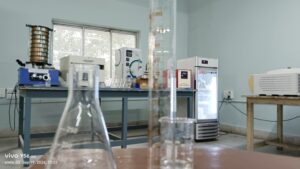
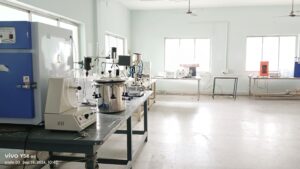
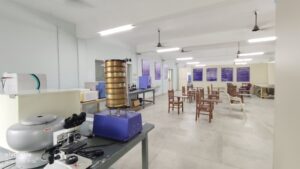
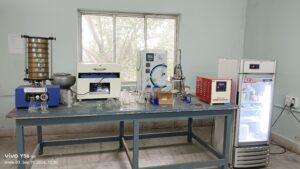
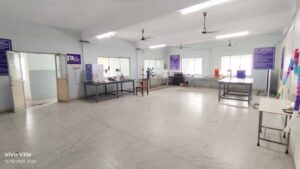
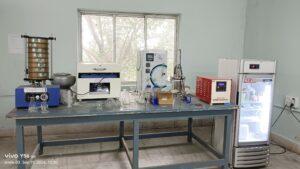
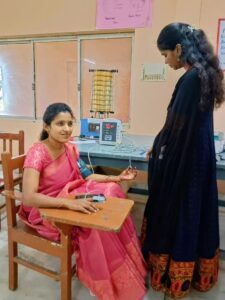
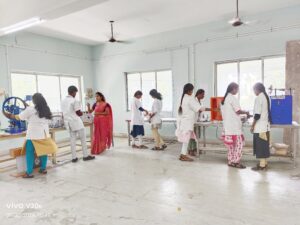
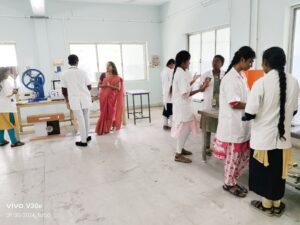
in education and research.
SMIT has been granted Autonomous status by the University Grants Commission (UGC). SMIT is accredited by National Assessment and Accreditation Council (NAAC) with ‘A’ Grade in the year 2024.

